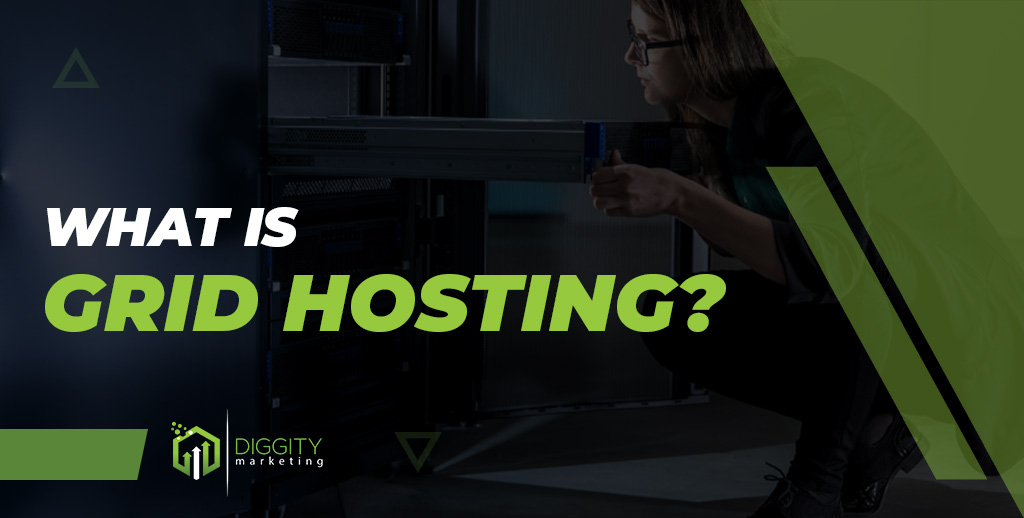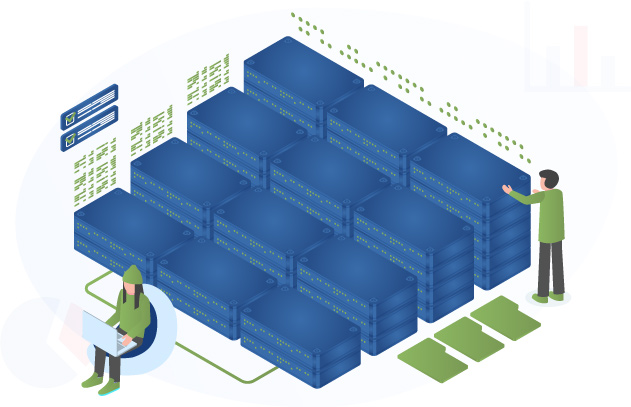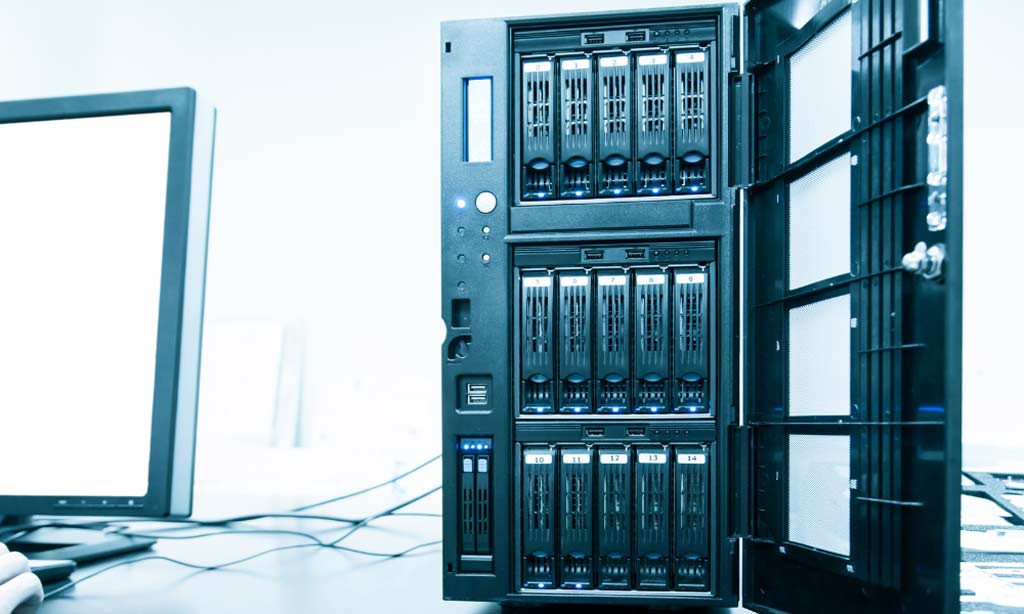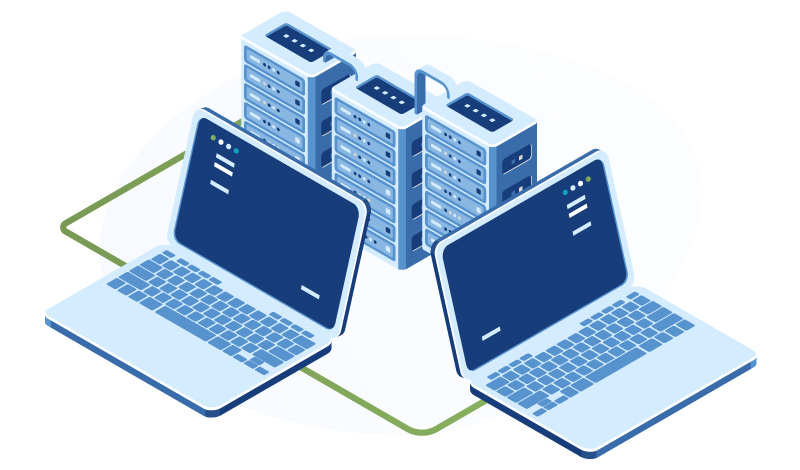
Grid hosting is a type of web hosting that uses multiple computers to create a virtual supercomputer.
This supercomputer can then be used to perform tasks that are too computationally intensive for a single server, such as analyzing large amounts of data or hosting very high-traffic websites.
As experts in web hosting technologies with years of experience in the field, I understand the complexities and challenges that businesses face when selecting the most appropriate hosting solution.
In this article, you’ll find out what grid hosting is, how it works, as well as some of the advantages and disadvantages of using this type of hosting.
Table Of Contents
Quick Summary
Grid hosting uses multiple computers to form a virtual supercomputer, handling tasks too intensive for a single server.
It offers scalability, increased reliability, and flexibility, but comes with higher costs due to multiple servers and software licenses.
Ideal for businesses needing high computational power, the decision to switch should consider cost and specific business needs.
How Does Grid Hosting Work
Suppose you need to repaint your house.

You can do all the work yourself but it will take you A LOT of time and effort.
Or, you can divide the work among a team of painters, each of whom will work on a different section of the house, getting the job done much faster.
This is exactly how grid hosting works.
This can be done using parallel processing technology.
With parallel processing, complex problems are divided into smaller subtasks, and each subtask is assigned to a different grid node (virtual machine in the grid.)
Once all the subtasks are completed, the results are then combined to produce the final result.
For example, if you need to render a video, the software will divide the video into small pieces and send each piece to a different computer in the grid.

Each computer will then render its part of the video and send the completed piece back to the software system.
The software will then put all the pieces together to create the final video.
This way, the video can be rendered much faster than if it was done on a single machine.
Advantages And Disadvantages Of Grid Hosting
The main advantage of grid web hosting is its scalability.
If you need to add more computational power to your grid, you can add multiple computers.

This is not possible with dedicated or shared host solutions, where you have a single machine, and you would need to upgrade to a more powerful server if you need more web space.
Another advantage of grid computing services is that it increases reliability and performance.
If one node in the grid hosting goes down, another server takes over and keeps the virtual website or application running.
This is not the case with shared host services, where all the clients are hosted in the same machine and share the same resources (disk storage, RAM, CPU, and bandwidth) as you.

In this case, a single server failure or going offline can take the whole website or application down.
Grid computing services are also more flexible, as you can leverage resources from other computers in the grid to complete your tasks.
When it comes to the disadvantages of grid computing, the main one is the cost.
You need to buy or rent a lot of servers to create a grid. You also need to pay for the software and licenses needed.
FAQs
Who Invented Grid Computing?

Grid computing was invented by Carl Kesselman, Ian Foster, and Steve Tuecke in the early 1990s.
What Is The Difference Between Cloud And Grid Computing?
The difference between cloud and grid computing is that grid computing virtualizes computing resources to store a lot of data while in cloud computing the application doesn’t access the data directly.
What Is The Difference Between Grid And Distributed Computing?
The difference between distributed and grid computing is that distributed computing uses a centralized resource manager while grid computing uses a decentralized resource manager where each node set has its resource manager.
Should You Switch to Grid Computing?
Grid computing or hosting is a type of computing where tasks are divided into smaller subtasks, and each subtask is assigned to different servers in the grid.
It has many advantages and more features than traditional hosting but is also more expensive. Ultimately, whether switching to grid hosting would be a good investment is up to you to decide.

